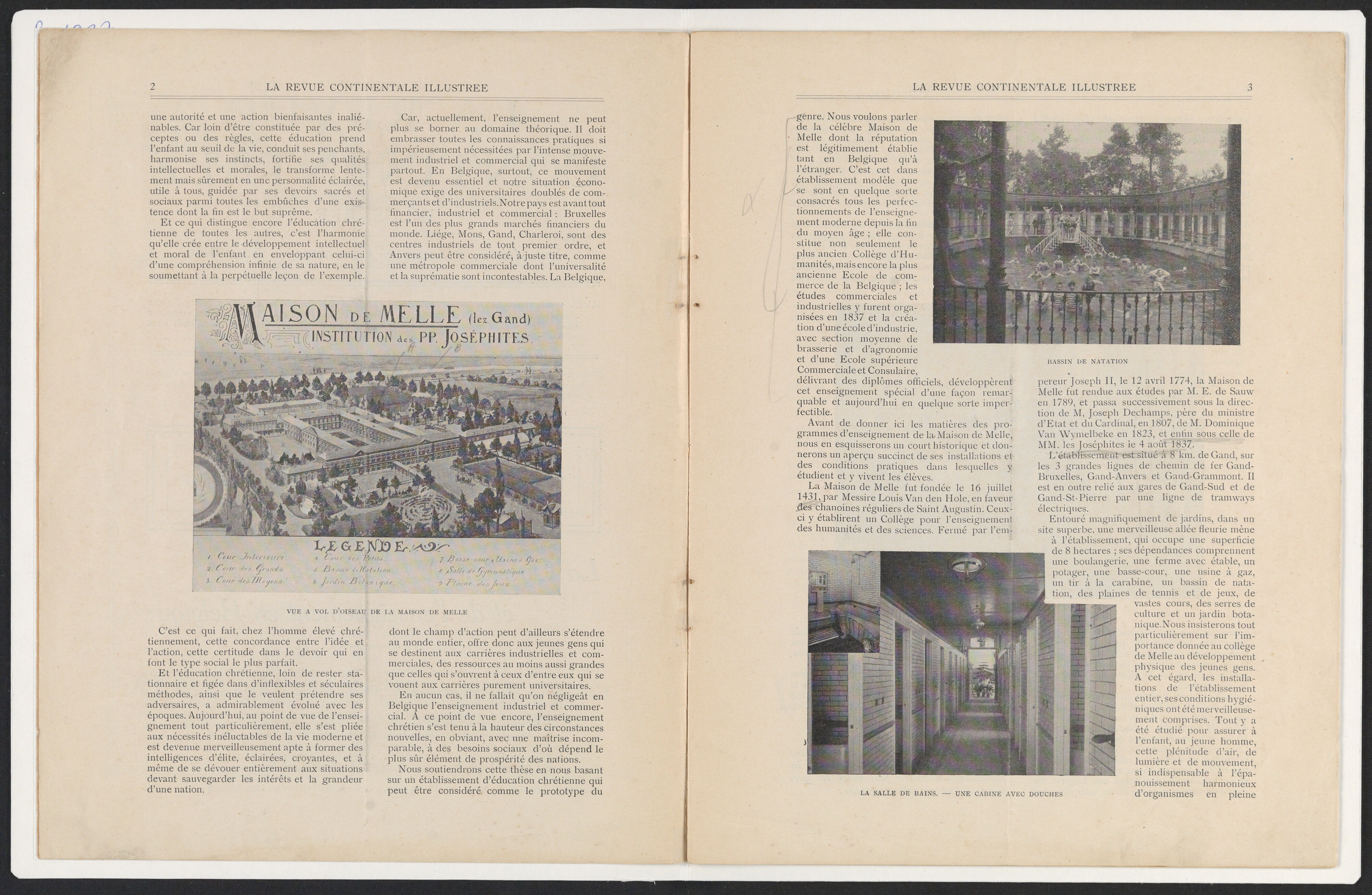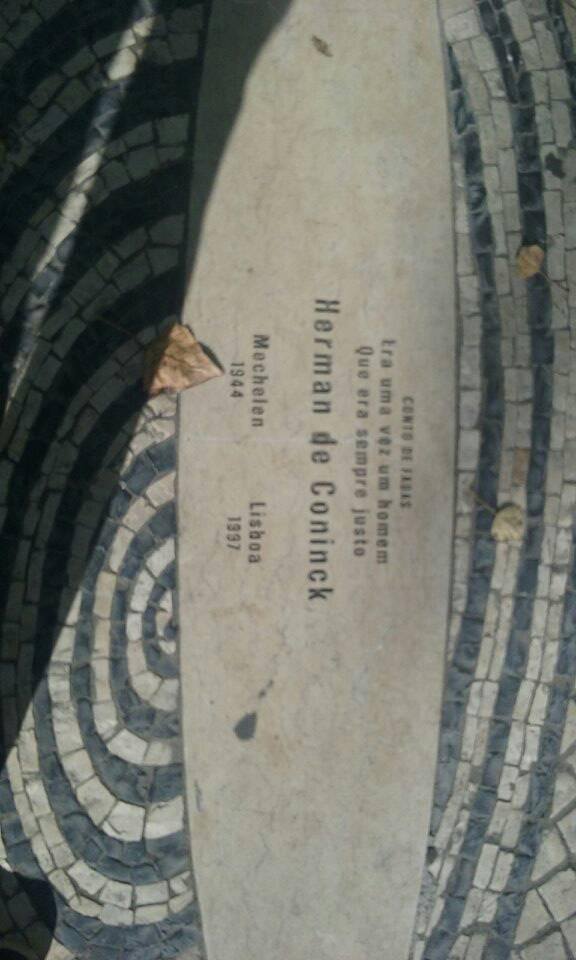|
Belgian Literature
Because modern Belgium is a multilingual country,Dutch, French and German are legally the three official languages in Belgium, seeBelgium, European Union/ref> Belgian literature is often treated as a branch of French literature or Dutch literature. Some writing also exists in the regional languages of Belgium, with published works in both the Walloon language, closely related to French, and also in various regional Flemish language, Flemish or Dutch-related dialects. German language, German is the third official language in Belgium and is spoken by a small community of about 70,000 German-speakers of the German-speaking Community of Belgium in the border region Eupen-Malmedy. ''See :de:Belgische_Literatur#Die_deutsche_Literatur_in_Belgien. Dutch/Flemish writers *Hendrik Conscience (1812 – 1883), author of ''The Lion of Flanders'' (1838) *Guido Gezelle (1830 – 1899), noted for his use of West Flemish dialect *Cyriel Buysse (1859 – 1932) *Willem Elsschot (pseudonym of Alp ... [...More Info...] [...Related Items...] OR: [Wikipedia] [Google] [Baidu] |
Willem Elsschot
Alphonsus Josephus de Ridder (7 May 1882 – 31 May 1960) was a Belgian writer and poet who wrote under the pseudonym Willem Elsschot (). One of the most prominent Flemish authors, his most famous work, ''Cheese'' (1933) is the most translated Flemish-language novel of all time. Early life and education Elsschot was born Alphonsus Josephus de Ridder on 7 May 1882 in Antwerp, to a family of bakers. As a child he would often visit his uncle in rural Blauberg, near Herselt, where they would walk in the Helschot area, from which he would later derive his pen name. After studying at a state school in Van Maerlantstraat, then the Royal Athenaeum of Antwerp, he attended the ''Institut Supérieur de Commerce de l'État'' ( nl), later known as the ''Rijkshandelshogeschool,'' where he would study economics and business, achieving a masters' degree in commercial sciences in 1904. It was during his studies there that he would develop a love for literature, while under the tutorship of ... [...More Info...] [...Related Items...] OR: [Wikipedia] [Google] [Baidu] |
Nicolas Ancion
Nicolas Ancion () is a Belgian writer born in Liège, Wallonia, Belgium, in 1971. His parents were professional puppeteers. Writer He writes fiction for adults, young adults and children and is the author of several theater plays and poetry collections Humour is an essential ingredient in his works. The literary supplement of Le Monde, France's flagship daily newspaper, dubbed him "Lewis Carol's true heir". He loves literary challenges and performances: he wrote a novel in public in 24 hours during the Brussels Book Fair (March 2010) and regularly uses web tools to share live writing. Novel His novel, "The 35-billion Euro Man" has been awarded the prix Rossel des jeunes in 2009. dans ''Le Soir'', 2 décembre 2009. Th ... [...More Info...] [...Related Items...] OR: [Wikipedia] [Google] [Baidu] |
Flemish Community
The Flemish Community (, ) is one of the three institutional communities of Belgium, established by the Belgian constitution and having legal responsibilities only within the precise geographical boundaries of the Dutch-language area and of the bilingual area of Brussels-Capital. Unlike in the French Community of Belgium,The parliament of the French Community is distinct from the Walloon Parliament; this is more obvious for the parliament of the German-speaking Community because its much smaller territory is within the latter region. the competences of the Flemish Community have been unified with those of the Flemish Region and are exercised by one directly elected Flemish Parliament based in Brussels. History State reforms in Belgium turned the country from a unitary state into a federal one. Cultural communities were the first type of decentralisation in 1970, forming the Dutch, French and German Cultural Community. Later on, in 1980, these became responsible for more cu ... [...More Info...] [...Related Items...] OR: [Wikipedia] [Google] [Baidu] |
Dimitri Verhulst
Dimitri Verhulst (born 2 October 1972) is a Belgian writer and poet. He is best known for his novels ''Problemski Hotel'' and ''The Misfortunates''. Biography Verhulst was an unwanted child in a violent home and spent his later childhood in a foster home and a family replacing home. He grew up Catholic. As a writer, he made his debut in 1994 with the self-published ''Assevrijdag''. In 1999 his first official publication appeared, a collection of stories about his youth, ''De kamer hiernaast'', for which he was nominated for the NRC Literair Prijs. The novel ''Niets, niemand en redelijk stil'' (2000) is also about his youth, but ''De verveling van de keeper'' (2002) signals a change in form and is characterized by great social and political involvement. In 2001, Verhulst published ''Liefde, tenzij anders vermeld'', a collection of poetry. His breakthrough to the general public was in 2003, with ''Problemski Hotel'' (translated as ''Problemski Hotel''), about residents of an asylu ... [...More Info...] [...Related Items...] OR: [Wikipedia] [Google] [Baidu] |
Erwin Mortier
Erwin Mortier (born 28 November 1965) is a Dutch-language Belgian author. Spending his youth in Hansbeke, he later moved to nearby Ghent, where he became city poet (2005–2006). He wrote as a columnist for newspapers like '' De Morgen'' and published several novels: * ''Marcel'' (1999) – * ''My Fellow Skin'' – * ''Shutter Speed'' – * '' While the Gods Were Sleeping'' (2008) Collections of his poetry were published from 2001 on. Among the literary prizes awarded to Mortier there are debut prizes in Belgium and in the Netherlands for ''Marcel'', in 2002 the C. Buddingh' prize for his debut in poetry, and in 2009 the AKO Literatuurprijs for ''While the Gods Were Sleeping''. Mortier came out of the closet with ''A plea for sinning'', a collection of essays (2003). [...More Info...] [...Related Items...] OR: [Wikipedia] [Google] [Baidu] |
Tom Lanoye
Tom Lanoye (; born 27 August 1958) is a Belgian novelist, poet, columnist, screenwriter and playwright. He is one of the most widely read and honoured authors in his language area (the Netherlands and Flanders), and makes regular appearances at all the major European theatre festivals. He was born in Sint-Niklaas. Biography Lanoye was the youngest son of a butcher. He attended the catholic Sint-Jozef-Klein-Seminarie College in Sint-Niklaas. At the time it was a single-sex boys' school. He studied Germanic Philology and Sociology at Ghent University. Still a student, he self-published his first work. In his own words, 'Just like all the punk bands did in those days: out of dissatisfaction with the existing structures, and to learn the trade from the inside out'. Lanoye lives and works in Antwerp and Cape Town (South Africa). His literary work has been published and/or performed in over fifteen languages. Literary work In 1985 Lanoye published his prose debut, the semi-aut ... [...More Info...] [...Related Items...] OR: [Wikipedia] [Google] [Baidu] |
Herman Brusselmans
Herman Frans Martha Brusselmans (; born 9 October 1957) is a Belgian novelist, poet, playwright and columnist. He lives in Ghent. He is one of the best-selling authors in Flanders, but controversial at the same time for his profane language and offensive comedy. Life and career Herman Brusselmans studied Germanic philology at the University of Ghent. In his early twenties he was a football player. He played as a left winger for Vigor Hamme and Sporting Lokeren. He now has his own football team called "De Woody's", after his late dog Woody. Brusselmans married Gloria Van Iddergem in 1981 but divorced from her ten years later. He married his second wife Tania De Metsenaere in 2005. Their relationship ended in 2010. In March 2016 he met his current girlfriend with whom he now lives together in his home in Gent. Although it's known her given name is Lena, her family name remains undisclosed up until this day. Their relationship generated a lot of media attention in Flandres becau ... [...More Info...] [...Related Items...] OR: [Wikipedia] [Google] [Baidu] |
Herman De Coninck
Herman de Coninck (21 February 1944 – 22 May 1997) was a Belgium, Belgian poet, essayist, journalist and publisher. Life Herman de Coninck was born in Mechelen, Belgium, where his parents ran a Catholic bookshop. He attended the Sint-Rombouts College in Mechelen where he contributed to the school newspaper. Determined to become a writer, he studied Germanic languages, Germanic philology at the Katholieke Universiteit Leuven. While in Leuven he wrote for the University paper ''Universitas''. Graduating in 1966, he took up teaching in Berchem while he lived in Heverlee, near Leuven. In 1967 he fulfilled his compulsory civilian duty in the Belgian army. In 1970 he left teaching to become an editor of the weekly magazine ''HUMO'', a post he held until 1983. During this period he regularly delivered interviews together with Piet Piryns. These interviews were collected and published as ''Woe is Woe in de Nedderlens'' in 1972. Tired of interviews, he became editor-in-chief of the ... [...More Info...] [...Related Items...] OR: [Wikipedia] [Google] [Baidu] |
Eric De Kuyper
Eric de Kuyper (born 2 September 1942) is a Flemish-Belgian and Dutch writer, semiologist, art critic, and experimental film director. Fictionalized autobiographical novels, written in the 3rd-person, account for most of his creative work. His academic writing encompasses reviews, essays, articles, and books on semiotics, film, dance, theater, and opera. His non-traditional films reveal an engineered penchant for melodrama, love songs, and Silent film, silent movies; their central topic is homosexuality. Towards the end of the 2000s, he started organizing ''concerts en images'', events in which he combines silent films, some segments shot by himself for the occasions, with live classical music, and sometimes singing and acting. Biography Eric de Kuyper was born and spent his early childhood in Brussels and then, as he put it, his teenage years of choices swayed by "faith, sexuality, and the future" in Antwerp. According to him, his family mostly spoke Dutch while they "thoug ... [...More Info...] [...Related Items...] OR: [Wikipedia] [Google] [Baidu] |
Jef Geeraerts
Jozef Adriaan Anna Geeraerts (23 February 1930 – 11 May 2015), better known as Jef Geeraerts, was a Belgian writer. Geeraerts was born in Antwerp. After his studies in political and administrative sciences at the Colonial University of Belgium in Antwerp he became a colonial administrator in Belgian Congo. On the independence of the Congo he sent his wife and children back to Belgium and in August 1960 he himself returned to Belgium. During the next six years he was paid by the government (return program). After that time he needed to find a job to survive. He decided to become a writer and went to the University of Brussels to study Germanic languages. Career as a writer When he had finished his studies he wrote his first novel, ''Ik ben maar een neger'' ("I'm just a negro"), which put him on the map as extremely controversial. The book was based on his experience as military in the Congo. He wrote more of these politically motivated colonial books before he started his ''G ... [...More Info...] [...Related Items...] OR: [Wikipedia] [Google] [Baidu] |


